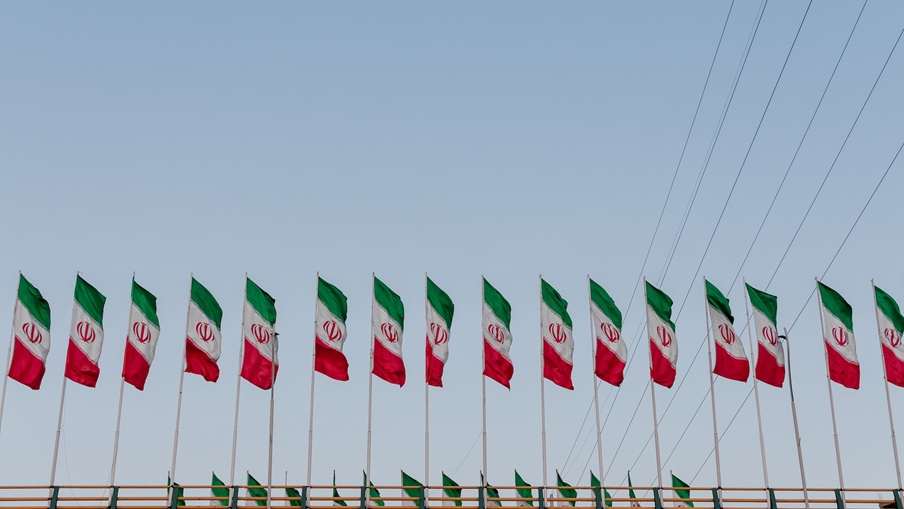The U.S. State Department late Thursday said it had determined that the Iranian construction sector is controlled by the Islamic Revolutionary Guard Corps (IRGC) and that four “strategic materials” are being used as part of the Iranian nuclear, military or ballistic missile programs.
The twin findings, made under the Iran Freedom and Counter-Proliferation Act of 2012 (IFCA), give the U.S. additional authorities to prevent Iran from acquiring material for the IRGC, its construction sector and its proliferation programs, the State Department said.
The sale, supply or transfer to, or from, Iran of raw and semi-finished metals, graphite, coal, and software for integrating industrial services, are subject to sanctions if they are to be used by the Iranian construction sector, the State Department said in a fact sheet explaining the action.
The IRGC’s main engineering arm, Khatam al-Anbiya (KAA), has played a significant role in major infrastructure projects in Iran, Kharon has previously reported. KAA was sanctioned in 2007; the IRGC has been designated several times, including a listing in April as a foreign terrorist organization (FTO).
KAA was a contractor on an India-operated port in Chabahar, Iran, and it has served a similar role on rail projects in Iran involving foreign contractors and investors. KAA is also leading a railway project from Chabahar to Zahedan, an Iranian city that borders Pakistan and Afghanistan. Iran’s largest petrochemical holding group, Persian Gulf Petrochemical Industry Co. (PGPIC), has awarded hundreds of millions of dollars in major engineering, procurement and construction contracts to KAA, according to the U.S. Treasury Department.
The State Department fact sheet also identified materials found to be used by the Iranian nuclear, military or ballistic missile programs: “stainless steel 304L tubes; MN40 manganese brazing foil; MN70 manganese brazing foil; and stainless steel CrNi60WTi ESR + VAR (chromium, nickel, 60 percent tungsten, titanium, electro-slag remelting, vacuum arc remelting).”
The U.S., as part of Thursday’s announcement, also extended waivers on nonproliferation activities at Iranian nuclear facilities for 90 days. The waivers grant exemptions to U.S. sanctions, allowing foreign companies to work on civilian projects at facilities overseen by the Atomic Energy Organization of Iran (AEOI). The extension comes a day after the International Atomic Energy Agency (IAEA) named a new director general after the death in July of his predecessor.
The State Department said the decision helps preserve oversight of Iran’s civil nuclear program, reduce proliferation risks, constrain Tehran’s ability to reduce its nuclear breakout time and prevent Iran from reconstituting sites for proliferation purposes.
“The United States is resolute in its commitment to negotiating enduring restrictions that deny Iran any pathway to a nuclear weapon and to using the full range of our diplomatic and economic tools to constrain Iran’s destabilizing proliferation activities,” the statement said.
